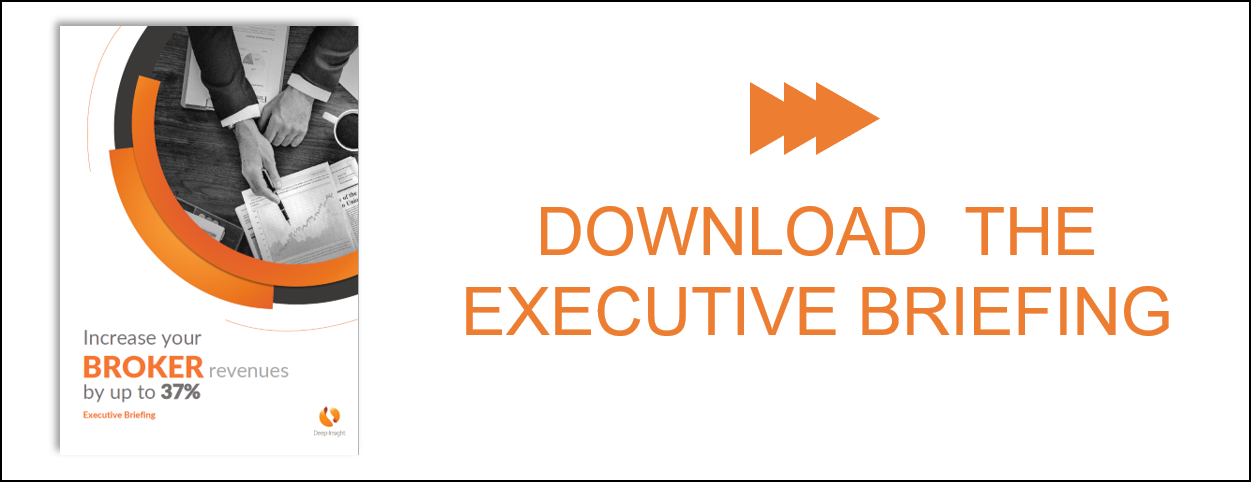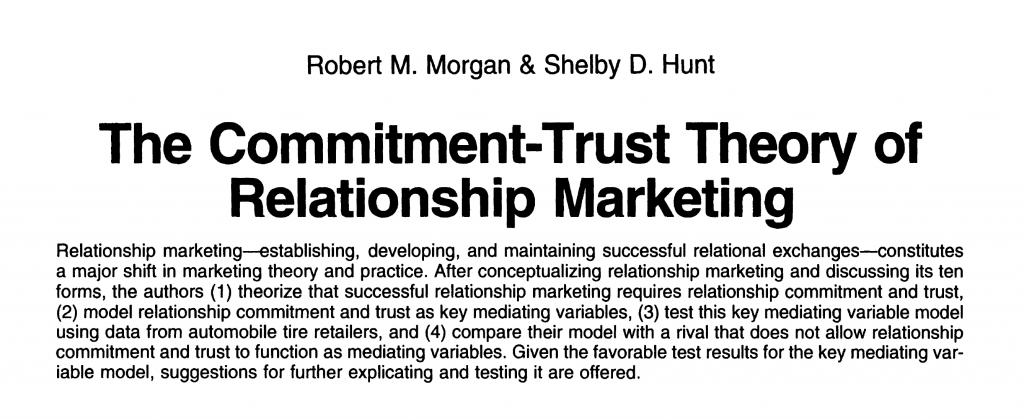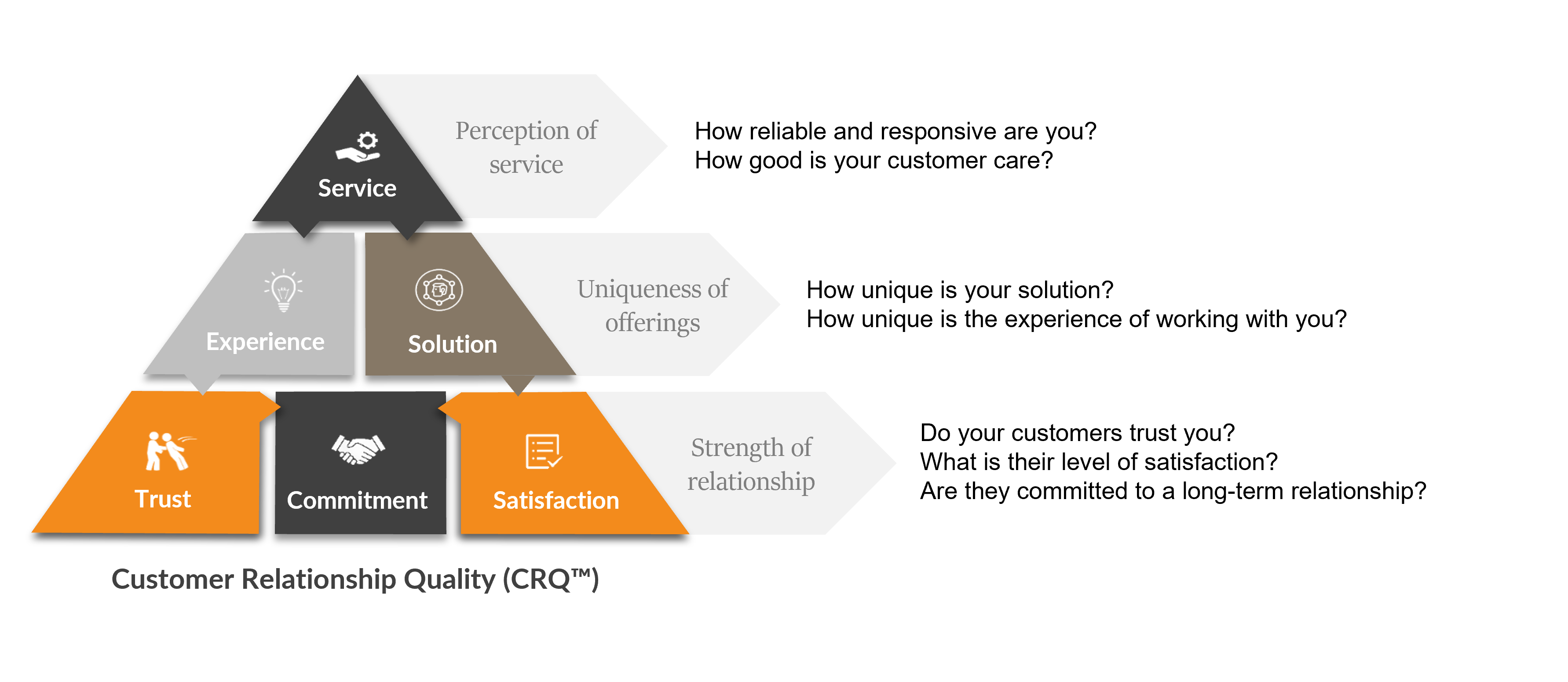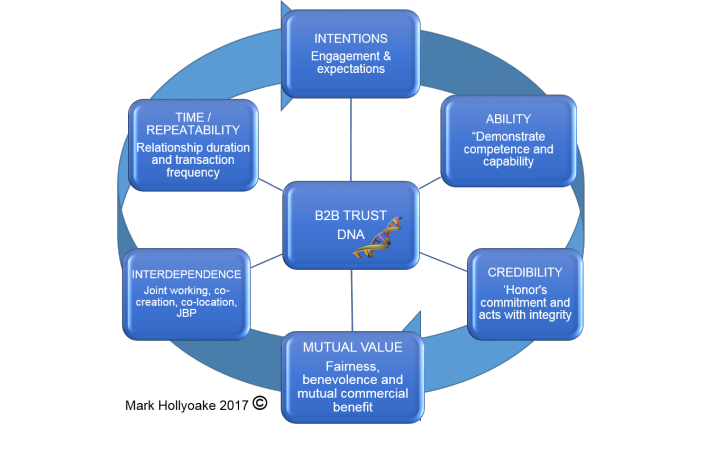HOW TO MAXIMISE THE ‘SHARE OF WALLET’ YOU RECEIVE FROM YOUR BROKERS
It’s all about ‘Share of Wallet’
Would you like to increase your broker revenues by up to 37%? If you’re in the insurance business, of course you would!
It’s all about Share of Wallet and the reason is simple. In the world of insurance, brokers and Independent Financial Advisors (IFAs) have the power. They can choose to promote your insurance offering or they can recommend a product from another provider. Product managers and distribution directors in insurance companies have to fight for share of wallet. Anything that can help them increase their share of wallet is valuable.
The concept of ‘Share of Wallet’ is well understood in the world of retailing. Oddly enough, it’s not understood or managed particularly well in the insurance world.
If you would like to increase your broker revenues by up to 37%, our 5-year research programme will point you in the right direction. If your company sells through a distribution channel, the lessons are equally valuable.
5-year Research Programme
Some years ago, Deep-Insight conducted its own research into the quality of relationships that brokers have with their insurance providers. The results reveal a significant opportunity for insurance companies to increase the overall share of wallet from their brokers. Taking advantage of this opportunity could result in increasing broker revenues by up to 37%.
Our analysis is based on working with six broker divisions of our insurance clients over a 5-year period. These insurers span the general, life and health markets in the UK, Australia and Ireland.
The objective of the analysis was to determine what factors caused brokers to place more, or less, business with a particular insurance company. It also aimed to discover what those insurance firms needed to do to increase the share of wallet they enjoyed from particular broker groups. Until now, nobody has been able to quantify the impact of a good, or unique, relationship on the amount of business a broker is prepared to place with an insurer.
We gathered the views of more than 10,000 brokers as part of this 5-year research programme.
Results
The findings were stark, but they reflect a major opportunity for insurance companies:
- While most brokers had a good relationship with our insurance clients, fewer than 1 in 5 brokers viewed the relationship as ‘Unique’
- In fact, 1 in 4 brokers had a very poor perception of their relationship with the insurance company, viewing it as ‘Anything But Unique’
- Brokers typically split their business between four or five insurance companies, but not all insurance companies were treated equally
- Where the brokers felt the insurance company was ‘Unique’ the share of wallet was 37 percent greater than average
- Where the brokers felt the insurance company was ‘Anything But Unique’ the share of wallet was 29 percent below average
Three Common Issues
Three major themes emerged from our analysis. Insurance companies need to address these common issues if they are to win over their broker communities and gain a larger Share Of Wallet from brokers.
Click below to download the full Executive Briefing to understand these three major themes.
If you want to increase your broker revenues by up to 37%, contact us.










